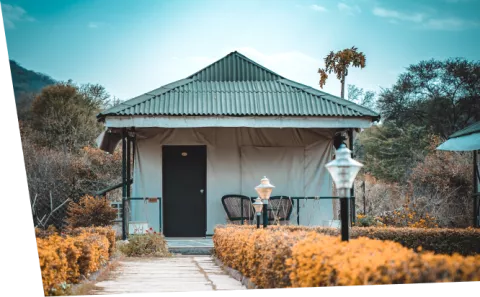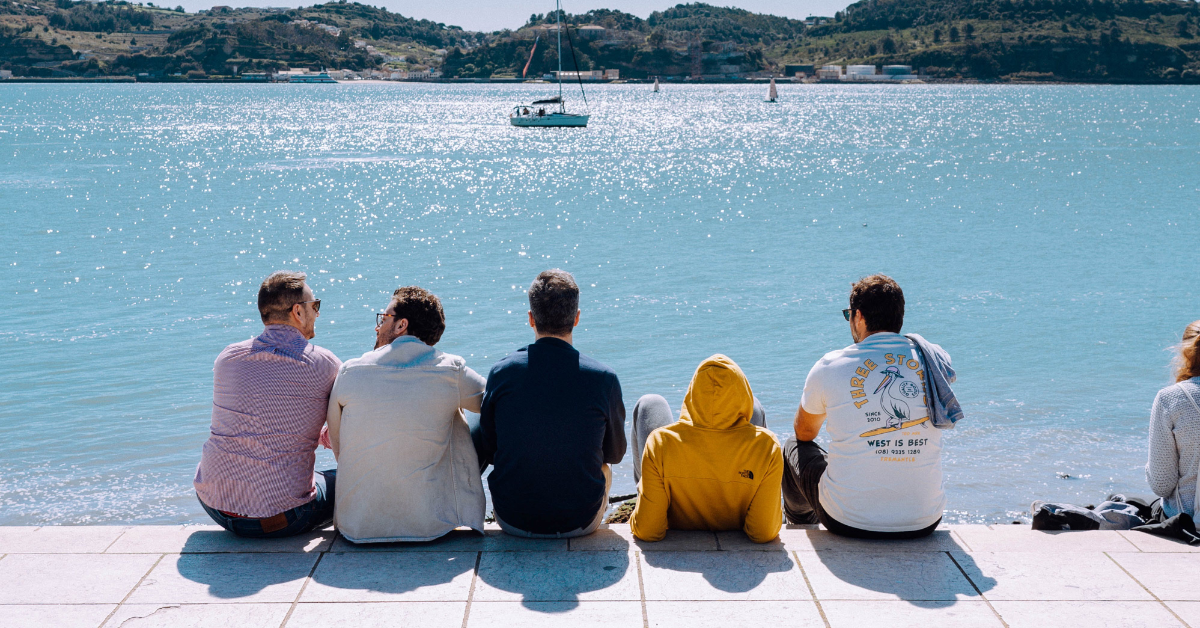Make a Claim
Make a Claim
Travel insurance gives you added peace of mind, but it’s essential to understand the claims process when things don’t go as planned. Being prepared can reduce stress and help you know exactly what to do if something unexpected happens.
Looking to submit a claim? Start your claim online - You can also check the status of your claim within our Claims Portal.
How to Make a Travel Insurance Claim
- Online Submission (recommended): Lodge and track your claim easily through our secure online portal.
- Manual Submission: Download the relevant claim form, complete it, and send it to us via email: claims@insureandgo.com.au
You should register your claim within 30 days of completing your trip.
To help us process your travel insurance claim quickly and efficiently, gather any necessary supporting documents, such as receipts and relevant reports. Don’t have everything ready yet? No problem! You can still submit your claim now and provide any missing documents later.
Please keep all original claim forms, receipts, and any damaged items until we’ve finished reviewing your claim. If we need them, we’ll let you know during the assessment process.
Ensure you have:
- Documents in English or with an official translation.
- Proof of ownership, value, and the event you're claiming for, all submitted within the required timeframe.
- Online Submissions: Visit here to submit and track your claim. This secure online portal makes it easy to monitor the progress of your claim.
- Manual Submissions: Download and complete the relevant claim form from the table below, then print, sign, and email it to claims@insureandgo.com.au
If you need claim forms or have any questions, please get in touch with our team
- Phone: +61 2 7201 9532
- Email: claims@insureandgo.com.au
Claim Forms for Manual Submission
Frequently Asked Questions
Got questions about Insure&Go? We’ve answered some of the most common ones below.
How do I make a claim?
You must register any claim within 30 days after the completion of your trip. You can either lodge a claim online or download a claim form from the Claims information page and email it along with all your supporting documents.
How long will my claim take to be settled?
Once all documentation that is required to make a decision on your claim is provided, we will provide you with an outcome on your claim within 10 business days. If your claim is approved, and a settlement is issued, the payment will be reflected in your account within 5-10 business days.
Will Insure&Go be handling my claim?
Yes, Insure&Go holds a binding authority from the insurer, Mitsui Sumitomo Insurance Company Limited (MSI) to issue contracts of insurance and to deal with or settle claims on MSI’s behalf and as MSI’s agent.
What documents/evidence do you need for me to make a claim?
The documents required to assess a claim depend on the type of claim you are lodging. Our online claim form lists the documents relevant to your claim, however, should you have any questions on what documents are required, please contact our claims team at claims@insureandgo.com.au or via a phone call at +61 2 7201 9532 if you have any queries.
What happens if I get into an emergency while overseas?
If you experience an emergency overseas, you should immediately call our Emergency Assistance Team
Phone: +612 9333 3999
Email: assistance@insureandgo.com.au;
If the matter is not urgent, please contact our claims team at claims@insureandgo.com.au or via a phone call at +61 2 7201 9532.
Can I travel on my policy if I have made a claim?
This depends on the type of claim that you are lodging. If an event has occurred within your travel dates, and you are not required to curtail your journey due to medical advice you can continue with your journey. However, if you are claiming for the cancellation of your journey, and wish to travel in the future, you will need to purchase a new policy to cover that trip.
How do I appeal the outcome of my claim?
Internal Dispute Resolution Process
Europ Assistance Australia follows ASIC’s RG271 guidelines. A complaint is any dissatisfaction related to our products, services, staff, or complaint handling, where a response is expected or required.
If you have a complaint, you contact us at: complaints@insureandgo.com.au
How do I appeal the outcome of my claim?
Internal Dispute Resolution Process
Europ Assistance Australia follows ASIC’s RG271 guidelines. A complaint is any dissatisfaction related to our products, services, staff, or complaint handling, where a response is expected or required.
If you have a complaint, you can contact us at: complaints@insureandgo.com.au
We will acknowledge your complaint within 24 hours and provide updates every 10 business days. A response will be given within 30 days.
If the complaint is unresolved or you are unhappy with the outcome, you can contact the Australian Financial Complaints Authority (AFCA):
Phone: 1800 931 678 (Free Call)
Address: GPO Box 3, Melbourne VIC 3001
Email: info@afca.org.au
Website: www.afca.org.au
How will I be contacted regarding my claim?
The claims consultant assessing your claim will be in contact with you via email or phone, whichever is your preferred contact method.
Will I receive progress updates for my claim?
We adhere to the General Insurance Code of Practice when assessing claims. Should you request an update on your claim, we will respond within 10 business days. If we require further information from a third party or from you, we will follow up on this and provide you with an update every 20 business days.
Why would my claim have been declined?
There are several reasons a claim could be declined, which include but are not limited to:
- Lack of documentation to support the claimed event
- An exclusion is applicable to the claim
- The claim falls outside the scope of cover of the policy
In the event that your claim is declined, you will receive a letter detailing the reasons. Should you have any questions regarding the claim decision, please contact our claims team at +61 2 7201 9532 or by email at claims@insureandgo.com.au.
If you are dissatisfied with the outcome, please contact our complaints team on
Email: complaints@insureandgo.com.au













